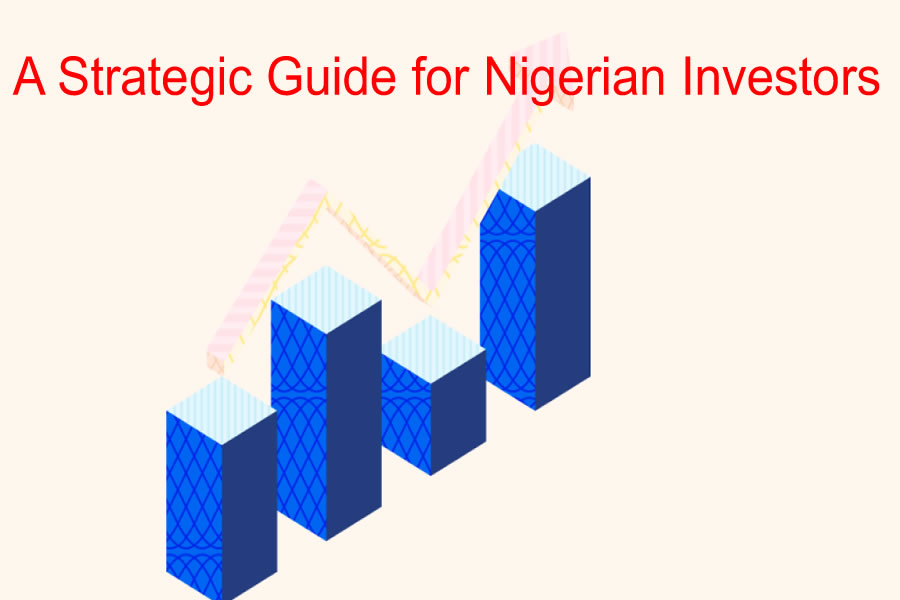The recent global financial crisis has not spared Nigeria, where its effects have been felt through significant changes in the financial landscape. Central Bank of Nigeria (CBN) banking reforms have led to a credit squeeze, prompting banks to halt lending activities and resulting in a sharp decline in money market rates.
Current Financial Landscape
Interest rates on fixed deposits and commercial papers, which once ranged between 15-17%, have now dropped drastically to 3-5%. Treasury bills, which were once a reliable investment, are now yielding less than 1%. This drastic reduction has left investors in a quandary, particularly those who previously relied on fixed deposits for steady income. For instance, a N10 million fixed deposit that previously yielded over N100,000 monthly is now barely profitable.
Challenges in Real Estate Investment
Real estate, while historically a safe haven, is fraught with its own set of challenges, especially in regions like Lagos where issues such as land acquisition disputes and geographical concerns (e.g., land elevation relative to sea level) make it a risky option. The unpredictability in both the real estate and money markets highlights the importance of taking an active role in managing investments.
Taking Control of Your Investments
The current climate underscores the need for investors to remain actively involved in their investment decisions. Financial literacy is a critical tool in this regard. While passive investments like money market funds or stock purchases based on recommendations were once seen as sufficient, the need to influence your rate of return is now more pressing than ever.
Experienced investors set clear, measurable targets for their investments, often aiming for returns that significantly outpace traditional market rates. For example, aiming to double an investment in five years requires a return rate of at least 14.4% per annum. Some may even seek to recoup their investments within two years, equivalent to a 36% annual return.
Beyond Traditional Investments
Relying solely on returns from the stock market or money market for long-term goals like retirement can be disheartening, particularly in a fluctuating economic environment. Instead, creating and expanding your own business can provide more control and potentially higher returns. Investing in personal development—such as acquiring business acumen, marketing skills, and financial education—can significantly enhance your ability to generate returns that far exceed those offered by traditional investments.
Alternative Investment Strategies
For those who may not be ready to start their own business, investing in someone else’s business can be a viable alternative. However, this comes with its own risks, particularly if there are doubts about the entrepreneur’s credibility. Regardless, exploring alternative investment avenues—whether in real estate, startups, or other sectors—requires a solid understanding of the risks and rewards involved.
Enhancing Financial Intelligence
Ultimately, the key to navigating the current investment landscape is to enhance your financial intelligence. By doing so, you empower yourself to make informed decisions, avoiding reliance on potentially unreliable advisors. In a world where financial markets are increasingly unpredictable, becoming an “inside investor”—whether through your own business or a well-chosen external venture—can offer the best chances of achieving financial success.
This proactive approach not only helps you weather the current financial storms but also positions you to thrive in the long term.

